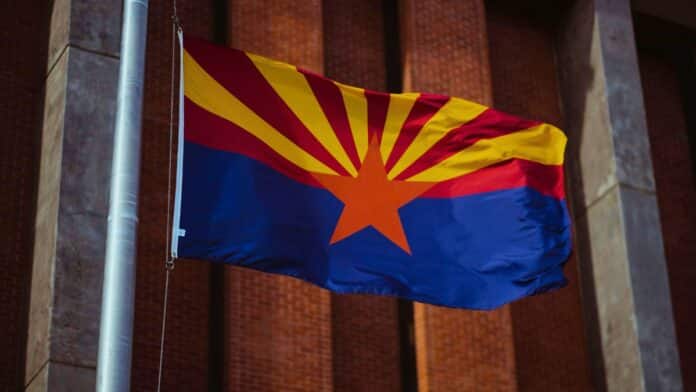A Florida man has been arrested for setting fire to a synagogue in what authorities are calling an antisemitic hate crime. The fire occurred late Friday night at Chabad of Charlotte County in Punta Gorda, just two days before the Jewish holiday of Rosh Hashanah. Investigators say the suspect used an accelerant and left spray-painted graffiti near the scene.
Blake Richard Hoover, 31, of Charlotte County, faces charges of arson and criminal mischief for the attack. Emergency responders were dispatched shortly before 11 p.m. to reports of flames at the rear of the synagogue. The fire was confined to a children’s classroom, and no one was inside at the time. Officials confirmed that no injuries occurred, though the damage could have been far worse.
Evidence gathered at the scene included accelerant residue and the letter “J” spray-painted on walls and sidewalks around the property. Based on this and additional findings, the Punta Gorda Police Department classified the case as a hate crime. The suspect’s own family members provided key information leading to his arrest. A warrant was executed to search Hoover’s bedroom, vehicle, and electronic devices, after which he was taken into custody at the Charlotte County Jail.
The synagogue’s leaders expressed gratitude that no lives were lost but emphasized the trauma and disruption the attack caused just days before a major religious observance. Authorities are continuing to investigate potential motives and any additional affiliations Hoover may have had.











